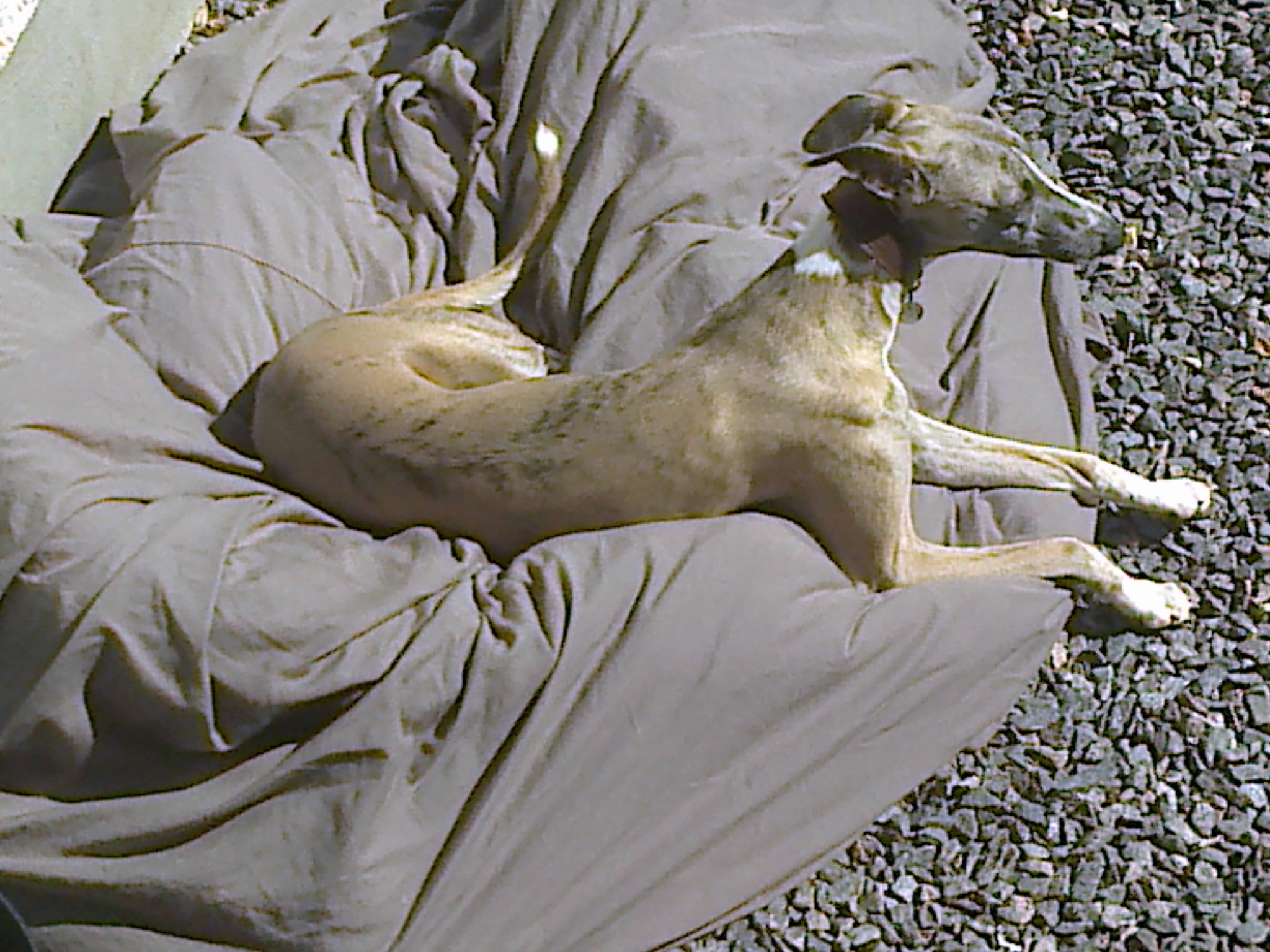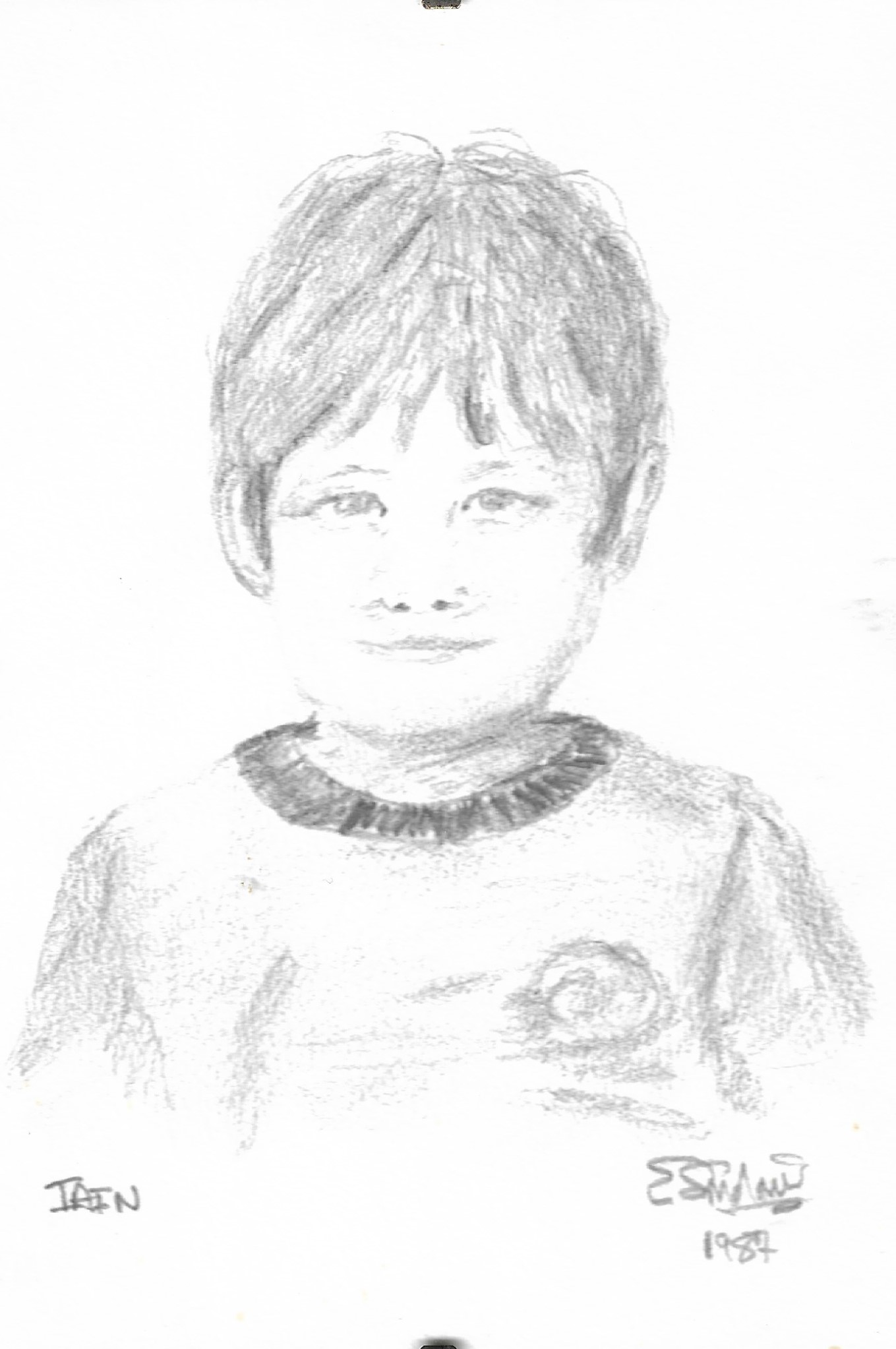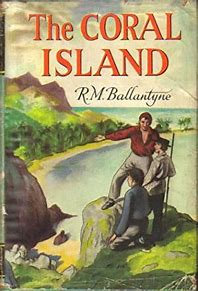 This is Julia Klöckner. You may never have heard of her, but read on and you will find out.
This is Julia Klöckner. You may never have heard of her, but read on and you will find out.
Julia is the German Minister of Food and Agriculture, a fact you probably already know if you live in Germany. This week – to much derision – she proposed an animal welfare ordinance that pet owners should walk their dogs twice a day. The ordinance would require that dogs be “permitted to exercise outside of a kennel at least twice a day for a total of at least one hour.” This is allegedly to “ensure that dogs are given sufficient exercise and contact with environmental stimuli.”
I am not sure that Julia has thought this through as carefully as she might. I am sure the principles behind the ordinance are benign – it might, for example, help to reduce the deplorable and cruel industry of puppy farms and it might discourage people from treating dogs as toys. However, the problem with this blanket rule – indeed with many blanket rules imposed centrally – is that there are always important exceptions and there is always human nature to contend with.
Johanna and I met when we were both living and working in Germany, so we occasionally find it useful, entertaining and potentially dementia-postponing to exchange comments in German. This morning, for example, Johanna felt she should introduce our whippet, Archie, to some German and to the new German ordinance by calling loudly to him: “Komm, Archie, wir gehen spazieren! Dreissig Minuten genau. Neun und zwanzig Minuten geht nicht.” (Come, Archie, we’re going for a walk. Thirty minutes exactly. Twenty-nine minutes is not acceptable.) To this Archie responded with his usual mournful look, comprehended nothing and did not move a muscle. Whereas many dogs at the sound of the word “Walkies!” or the sight of a lead will dash to their owner wagging an enthusiastic tail, Archie never does this. Despite their reputation for speed and agility, whippets are very happy to lie about all day, if allowed to do so. Usually a small biscuit will entice him from his bed, but if it is raining, Archie needs to be forcibly dragged out and will spend most of any rainy walks attempting to pull his owner back to the dry warmth of home. I challenge Julia to cope for thirty minutes with a stubborn rain-soaked whippet in a gale. I am sure there must be a few whippets in Germany; there are certainly rain and gales from time to time.
There are at least three other problems that I can see with this potential “walkies law”.
 First, all dogs are different. A half-hour walk twice a day may be fine for some dogs, but for a collie it will barely take the edge off the creature’s desire to be up and doing, chasing about or herding something, while for a chihuahua or a dachshund it may be too much.
First, all dogs are different. A half-hour walk twice a day may be fine for some dogs, but for a collie it will barely take the edge off the creature’s desire to be up and doing, chasing about or herding something, while for a chihuahua or a dachshund it may be too much.
Second, how on earth do you police this law? There are far more dogs than police in this country, and I am sure the same is true in Germany. If such a law were introduced here, I have a vision of hundreds of dogs (many of them whippets) digging themselves into their beds in a show of communal resistance, while dozens of large policeman stand helplessly about waving batons, handcuffs and tasers to no effect. As for the dogs’ owners…..
Third, there is an unfortunate side to human nature which some can find hard to resist. Let me illustrate it like this, as it might play out in a fictitious German household if this law were ever to be enacted:
Heinrich: I see Frau Schmidt’s curtains are still drawn.
Lisel: Again. She is so lazy. Why is she not out and about with Rudi, her schnauzer?
Heinrich: It is so long since I saw Rudi that I cannot exactly remember what he looks like.
Lisel: I am sure I can hear him barking in his kennel.
Heinrich: Time to call the police. Rudi has not had his two thirty minute walks a day for at least a week.
…And so on across the country. The unpleasant human habit of dobbing on your neighbour would spread like a virus. We have already seen mild forms of it during lockdown.
I am prepared to bet a bag of dog biscuits that Julia’s law will never see the light of day, or if it does, it will be abandoned quickly. The controversy and laughter surrounding the threat of it should serve as a warning to all politicians everywhere that if you want to regulate human behaviour, it has to be done in a way that carries people with you; and the best way to achieve that is to convince people that what is proposed is sensible, workable and in their best interests. If politicians learn nothing else from this pandemic experience it is just that.
Meanwhile, if you want to regulate dog behaviour, first try to understand your dog.








 Today another part of my history has been chipped away never to return. This bit of history is not a statue of some infamous blackguard, toppled and hurled into a harbour. No, this is a part of my personal story, not formed out of stone, but out of something much less tangible and which some might at first sight find strange, perhaps even slightly weird.
Today another part of my history has been chipped away never to return. This bit of history is not a statue of some infamous blackguard, toppled and hurled into a harbour. No, this is a part of my personal story, not formed out of stone, but out of something much less tangible and which some might at first sight find strange, perhaps even slightly weird.
 I would be alerted to her approach down the long hospital corridor by the scraping of Hamish’s paws on the flooring as he dragged her towards the ward, and frequently by a nurse calling “Here comes long tall Sally.” There would follow the soft pad of Johanna’s feet and Hamish’s panting and I would know that the day was going to turn interesting, at least for a time. Your horizons get narrowed in hospital, so there was also the anticipation of what that Long Tall Sally bag might contain today – it represented a beacon of hope, a connection with that other world I had not seen for so long. While Hamish lay at full length, panting on the warm floor, Johanna would reveal one by one the contents of the bag.
I would be alerted to her approach down the long hospital corridor by the scraping of Hamish’s paws on the flooring as he dragged her towards the ward, and frequently by a nurse calling “Here comes long tall Sally.” There would follow the soft pad of Johanna’s feet and Hamish’s panting and I would know that the day was going to turn interesting, at least for a time. Your horizons get narrowed in hospital, so there was also the anticipation of what that Long Tall Sally bag might contain today – it represented a beacon of hope, a connection with that other world I had not seen for so long. While Hamish lay at full length, panting on the warm floor, Johanna would reveal one by one the contents of the bag.









